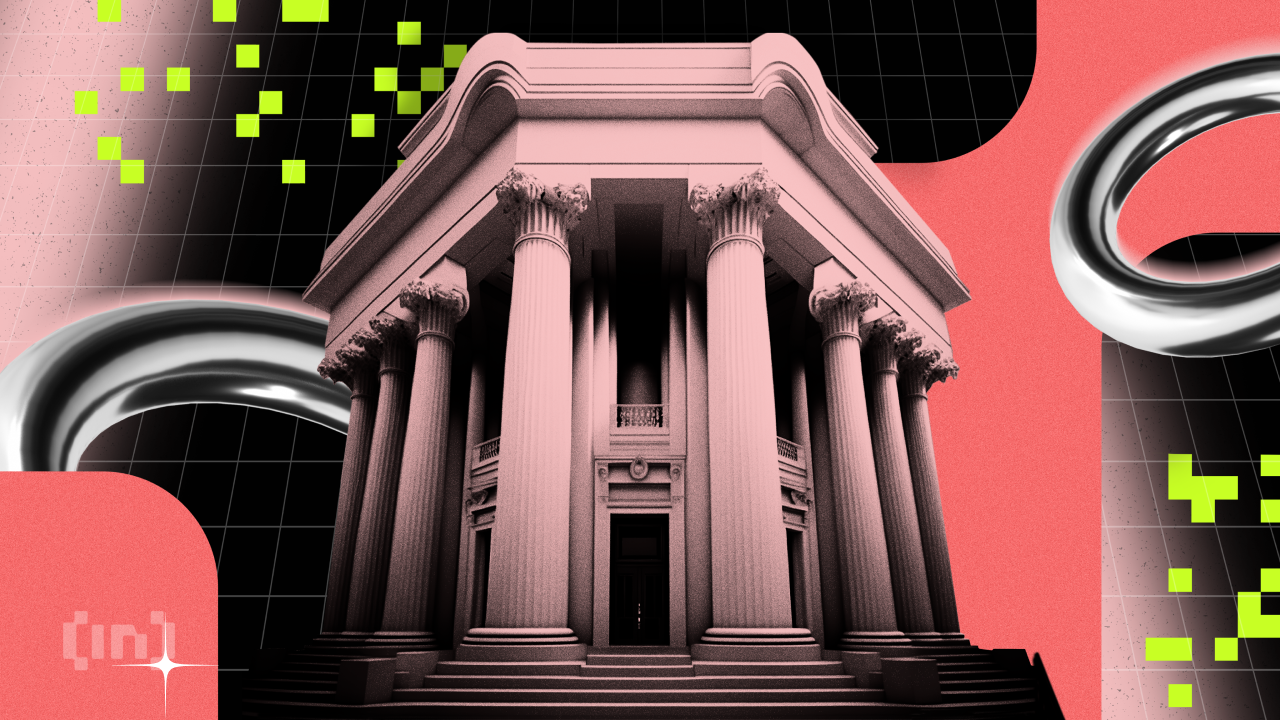The US Congress took a decisive step toward blockchain innovation with the House passage of the Deploying American Blockchains Act of 2025 (H.R. 1664).
If it passes the Senate, the bill could become a cornerstone of US digital infrastructure policy, ushering in a new era for Web3, open-source development, and decentralized technology.
US Congress Advances Federal Push in Blockchain Innovation
H.R. 1664, introduced during the 119th Congress, mandates the Department of Commerce to spearhead national efforts in blockchain innovation.
The legislation directs the Secretary of Commerce to implement strategies promoting the deployment, use, and competitiveness of blockchain and distributed ledger technologies (DLT) across public and private sectors.
For the first time, federal agencies are explicitly tasked with coordinating blockchain adoption, issuing strategic guidance, and supporting open-source infrastructure. This marks a crucial shift from the US’s previously fragmented approach and comes in the aftermath of President Trump’s pro-crypto stance.
This marks a clear transition from passive observation to proactive federal support, aimed at solidifying America’s position in the global blockchain arena.
What’s at Stake? Competitiveness, Innovation, and Clarity
The bill outlines a clear agenda: enhance global competitiveness, reduce regulatory uncertainty, and remove barriers for blockchain-based startups and enterprises.
Industry participants have long lamented the absence of a cohesive national policy, slowing innovation and driving talent and capital overseas.
By placing blockchain innovation under the purview of the Commerce Department, the bill is expected to define technical standards, foster public-private partnerships, and drive workforce development.
It also opens the door for regulatory alignment across federal agencies, an area previously mired in jurisdictional overlaps.
Eyes on the Senate After Bipartisan Momentum
The bill has garnered bipartisan support, signaling a broader recognition of blockchain’s relevance beyond cryptocurrencies. It comes at a critical time, as global competitors such as China, the UAE, and Singapore accelerate national blockchain initiatives.
Until now, the US has lagged with an agency-led approach, lacking centralized policy direction. With H.R. 1664, the US is positioning itself to catch up and potentially lead.
The bill prioritizes digital identity systems, supply chain tracking, and next-generation financial services. Notably, these are all use cases where blockchain is already proving transformative.
While the House passage is a significant win for blockchain advocates, the bill’s ultimate fate hinges on the Senate’s approval.
Any amendments or delays could impact its scope and timeline. If enacted, H.R. 1664 would go beyond guiding blockchain’s integration across multiple industries to serve as the foundation for a unified national strategy.
The post US Passes Deploying American Blockchains Act: What it Means for Crypto appeared first on BeInCrypto.



